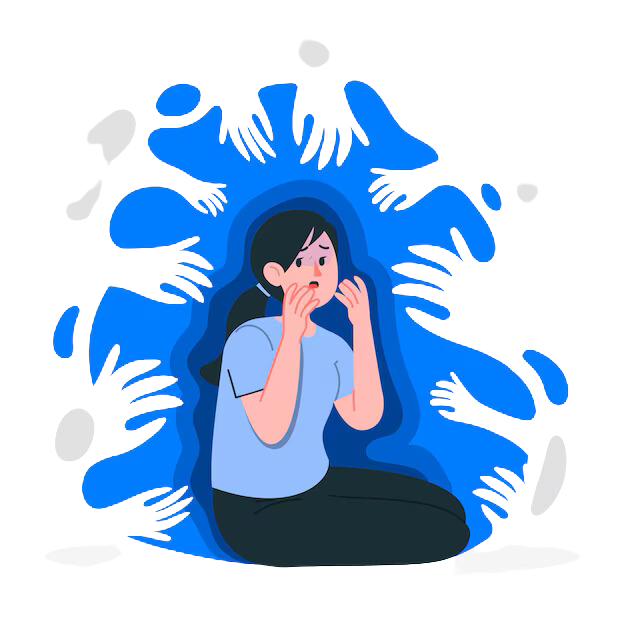Anxiety (Students)
- jessicaaqian
- Nov 11, 2024
- 1 min read
Anxiety is our body's natural response to stress. However, when the feelings are extreme and persist for a long time, one may have anxiety disorder.
Specific Disorders
Panic Disorders

Fear of losing control and/or dying
Maladaptive change in behaviour to avoid having panic attacks
Panic attacks Persistent concern or worry about future panic attacks and their consequences
Agoraphobia
Intense fear or anxiety that is out of proportion to the actual danger posed by the agoraphobic situations
Generalised Anxiety Disorder
Difficulties concentrating
Fatigue
Irritability
Muscle tension
Restlessness or feeling on edge
Sleep disturbance
Social Phobia/ Social Anxiety Disorders
Blushing or stammering when trying to speak
Feeling like your mind has gone blank
General Risk Factors
Hereditary or genetic factors
Gender (females are more prone to anxiety than males)
Temperamental traits of shyness or behavioural inhibition in childhood
Some physical health conditions, such as thyroid problems or heart arrhythmias, or caffeine or other substances/medications, can produce or aggravate anxiety symptoms; a physical health examination is helpful in the evaluation of a possible anxiety disorder
Student Risk Factors

Sleep disruption (pulling all-nighters, drinking excess caffeine)
Loneliness
Academic factors (school stress, worrying about exams and results)
Financial pressure








Recognizing that your fear has a name can be the first step toward getting help. An agoraphobia test can provide that initial moment of clarity and validation.